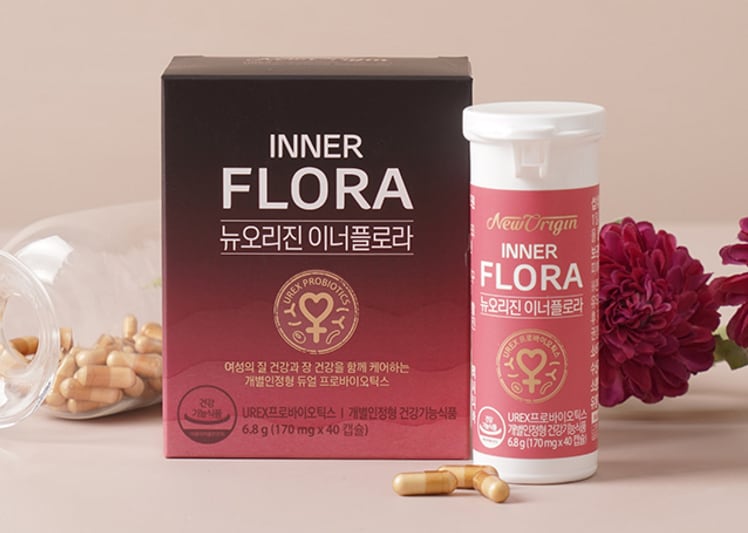The six other raw materials affected are conjugated linoleic acid (CLA), N-acetylglucosamine (NAG), oat fiber, chitosan / chito-oligosaccharide, xylo- oligosaccharide, and L-carnitine tartrate.
Products containing any of the above materials would need to warn either pregnant, lactating women, and / or children to refrain from consuming them, as well as to stop intake and consult a specialist in case of adverse reactions.
“In order to strengthen the management of reports of abnormal cases, all nine types of functional raw materials are required to display the caution statement,” the Ministry of Food and Drug Safety (MFDS) said.
Products containing CLA should add lactating women into the group of consumers who should avoid the product, which currently include children and pregnant women. It should also warn individuals with liver disease to consult a specialist before supplementation.
As for xylo-oligosaccharide, the products should warn children to refrain from consumption.
The announcement follows a year-long re-evaluation that the MFDS had started in last January.
Since 2017, the regulator has been conducted yearly re-evaluation on functional raw materials.
So far, 55 raw materials have been re-evaluation, the MFDS said.
Aside from caution statement, some of these raw materials would also require evidence from human application test in order to make certain functional claims.
This applies to squalene products claiming antioxidant benefits and NAG claiming to aid skin moisturisation.
Chitosan / chito-oligosaccharide, on the other hand, is allowed to make the claim “may help reduce blood sugar after meals”. Previously, this claim was allowed on a case-by-case basis.
Dosage amount
The daily dosage amount of certain raw materials has also been adjusted, as seen in the case of oat dietary fibre and chitosan / chito-oligosaccharide.
To make the claim “may help improve blood cholesterol”, the daily dosage amount of oat fibre has been increased from three grams to 4.5 grams and more.
To make the claim “may help reduce postprandial blood sugar rise”, the daily dosage amount of oat fibre dosage is also increased from 0.8 grams to 6.0 grams and more.
On the other hand, chito-oligosaccharide is no longer allowed to make the claim “may help improve blood cholesterol”. However, it can claim to help reduce blood sugar post meals if the daily dosage amount is 0.75 grams.
Heavy metal limits
Lastly, heavy metal limits have been adjusted for raw materials such as CLA and chitosan / chito-oligosaccharide.
For both the above raw materials, the amount of lead limits has been reduced from 3.0 mg/kg or lower to below 1.0 mg/kg.
For CLA, cadmium limit has been cut from 1.5 mg/kg or less to 0.3 mg/kg or less, while that of chitosan / chito-oligosaccharide is lowered from below 1.0 mg/kg to 0.3 mg/kg or less.





